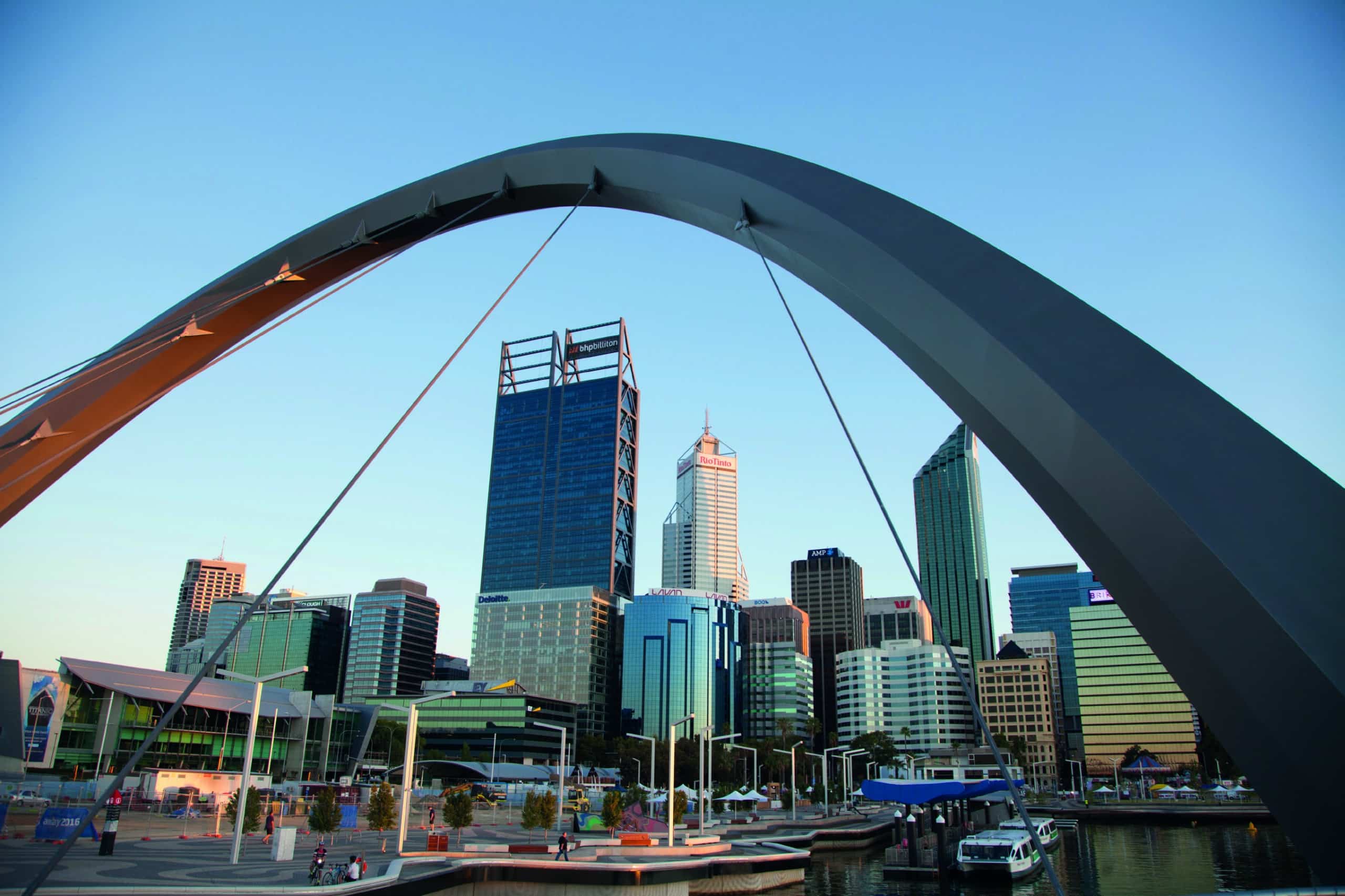Three women from politics, business and the health industry shone a light on becoming leaders in their fields as part of the CCIWA Empowered Women breakfast on March 8.
Women’s Interests Minister Simone McGurk, UWA Head of Surgery Professor Christobel Saunders and Non-executive director for Macmahon and Western Power Eva Skira spoke about a range of topics including female representation on boards, tips on staying healthy and how personal failures can drive success.
Skira, who was recognised in this year’s Australia Day honours for our service to business in WA, said there had been a “seismic shift across Australia and globally” for what was acceptable for a women in the workplace over the last few decades.
“Thirty-five years ago I would never have talked about my family in the workplace. I would avoid speaking about my husband or children or any emotion,” she said.
“I have two daughters and a son and they can’t understand the environment of the 60s and 70s.”
Skira recalled attending an interview for a then Transperth board position while seven months pregnant with her third child in the 1990s, attempting to hide her pregnancy under clothing and armed with answers if questioned about her situation.
She won the position despite her apprehension and urged women to step up, do their due diligence on opportunities and not be held back by self-doubt.
“Bring your own voice to the table. There is nothing at all that should be holding any one of us back,” she said.
“You find that voice; you find your passion; put a bit of intellect into it; put a desire into it and you will have a very strong distinctive voice – and that is the best thing you can bring to the workplace, our communities and your family.
“When women do that they absolutely shine and their personal lives are much more fulfilling.”
It’s not all been smooth sailing for Skira, who revealed she did not speak of her first failed university degree until five years ago.
After becoming dux of a regional Tasmanian school, Skira studied at ANU in Canberra where she passed her first year but “excelled in her social life” causing her to drop out.
Humiliated by the “catastrophe failure”, Skira said the experience and aftermath shaped her life. Her key lesson was that it’s “the failures that defined me”. She later returned to university and achieved first class honours.
Skira then went on to become the first female economist for the Commonwealth Bank before moving into corporate banking as well as dux of her MBA class in Sweden – paid for by her employer – where she was one of two women in a class of 50.
Her successful executive career includes being listed in the top 100 female Australian directors and 100 most influential women in the country.
McGurk, who is also State Labor Member for Fremantle, and the Minister for Child Protection; Prevention of Family and Domestic Violence and Community Services, said the Government’s goal was to have 50 per cent women on its boards and committees by the end of the year.
“We all have a role to play to make sure girls reach their full potential. As an economy we are accessing the full potential of our workforce, which we are not doing if we are limiting ourselves to a certain slice of it, which is what is happening now,” she said
Saunders, who spoke about women’s health, said International Women’s Day events were a great chance to hear stories about inspiring women.
“After all, we are more than 50 per cent of the population but I don’t think we hear nearly enough of the stories of women, their struggles, their opportunities and their successes,” she said.
Calling out sexism
During Q&A, Skira and McGurk told how they have responded to sexist comments when on a board or worksite.
“If you do laugh it off it says something about the whole power relation doesn’t it, it says something about the nature of that,” Skira said.
“If you take it really seriously that often doesn’t help with the whole ambiance of the relationship.
“If I’ve not been with these people for very long I would tend not to hear it, I would go past it. If I had been with them a bit longer I would pull them up. I will pull people up now, I wouldn’t have when I was younger but now I would call it out.”
McGurk, who revealed she had once heard something so shocking on a worksite that should couldn’t speak, concurred with Skira, adding that your role, such as when she was a union official, also made a difference.
“I would go to these male dominated workplaces and generally I had a good experience with them. But I was in a position of power, they needed my skills and assistant. I think it would have been quite different if I had been a trades assistant or an apprentice in those workplaces.”
► CCIWA has many exciting events coming up featuring leaders of government and industry about the issues that matter to business. Find out more here.












